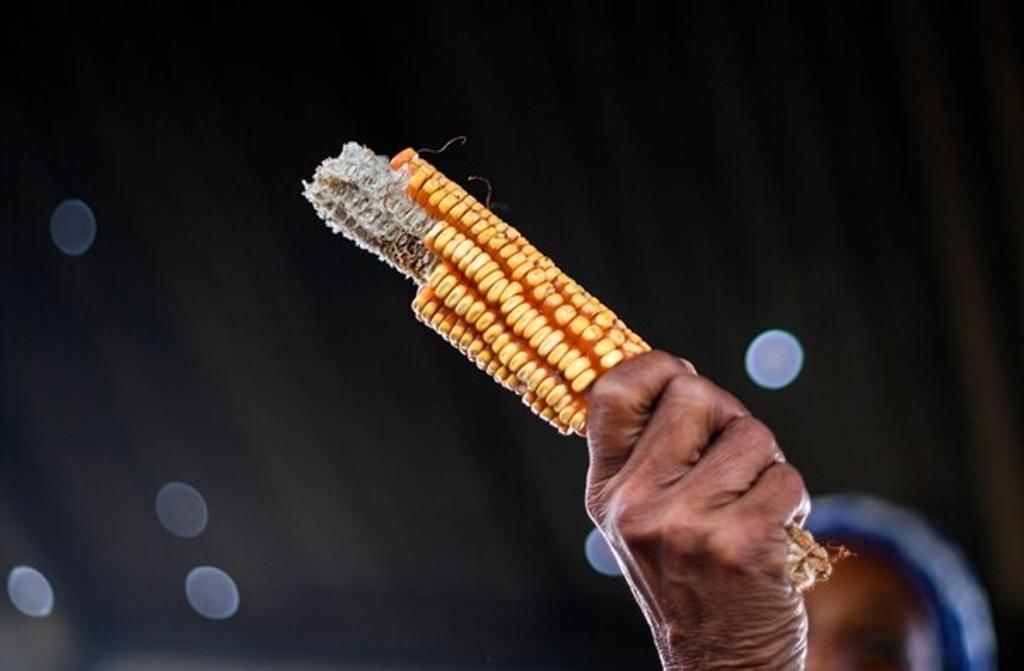TODAY VENEZUELA – The wood stove that Jesús Cova and his wife Luisa Cortez used to make soups on weekends with friends is now the only thing they have to cook due to the lack of cooking gas, an increasingly widespread evil in Venezuela, where there was no much to celebrate at Christmas and the New Year’s.
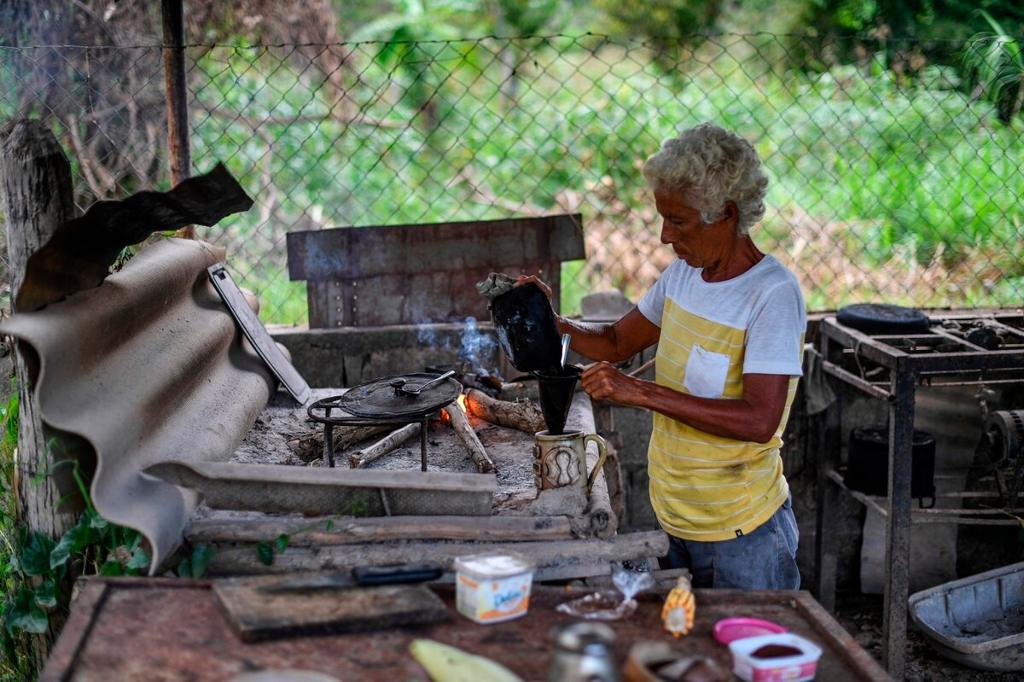
Although preparing meals with charcoal or wood was a common practice in moments of relaxation, the lack of cooking gas made this pastime custom now the only alternative for many Venezuelans.
“The small gas stove is already full of cobwebs and dust, since May without gas,” says Cova in his small farm in Las Violetas, a hamlet located in the state of Sucre (northeast), about nine hours from Caracas by land.
“Even to make coffee, we have to be attached to a stove,” he explains.
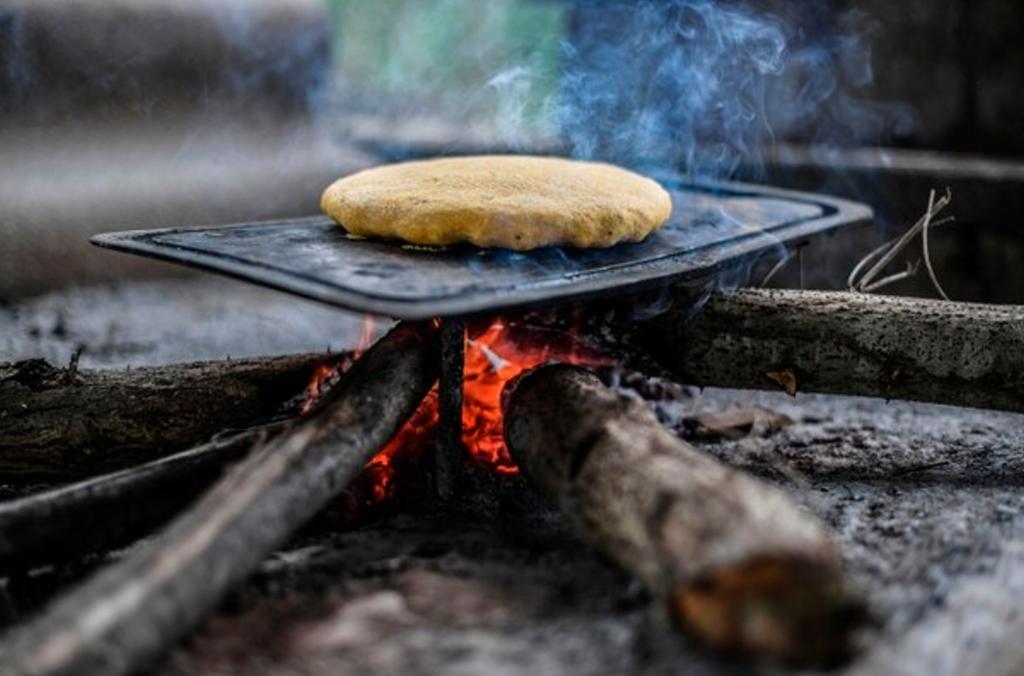
The image of men, women and children carrying firewood on their shoulders or with wheelbarrows stretches along Troncal 9, a highway that connects Caracas with the east of the country. Firewood sales are also common on the roadside.
Present corruption
Although there are no gas connections near their small farm, in Las Violetas they used to be supplied without problem with refillable cylinders that they bought at very low prices.
Cova, a charismatic 42-year-old musician, who has led protests including blocking roads to demand solutions, attributes part of the problem to corruption. “They are bachaqueando (reselling) the gas in dollars,” he says.

Therefore there is only one option left: the “stick gas”, as Margarita Bermúdez ironically refers to firewood, a resident of Boca de Caño, a neighboring community where they suffer a similar ordeal.
“The smoke suffocates me because I suffer from asthma,” says this 55-year-old woman with ashen hair, raising her tone when she describes the suffering they suffer.
“We need gas to cook because as we gave the vote to our president (Nicolás Maduro), to make him comfortable, so we want them to make us comfortable (…) they have us suffering and he is fine,” she claims.
Added to the “torment” of months without gas are other ills that have plunged Bermúdez and her three brothers, all older than her, and her only son, 22, into extreme poverty.
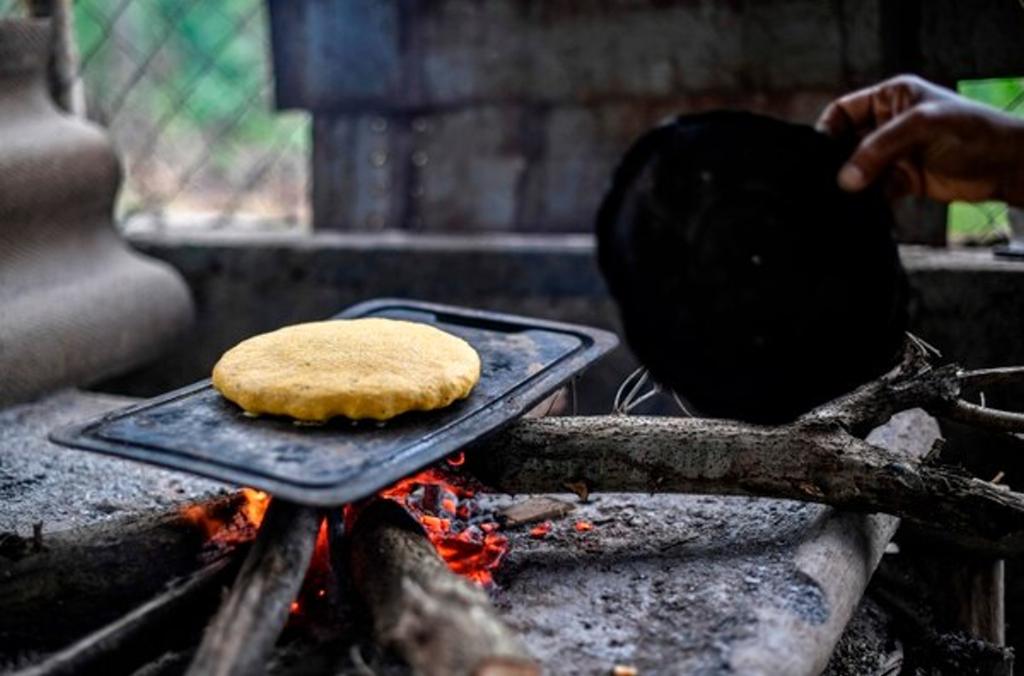
“The food doesn’t come either, I’ve eaten roasted sardines with boiled green papaya (…) We don’t have water either, the power goes out, the water goes out, and the gas goes out, how can we be? We cannot live well”.
Damage to the environment
Luisa Cortez, a 46-year-old teacher and Cova’s wife, is also concerned about the environmental consequences of cutting trees for firewood.
Her own students have come to ask why she cooks with firewood, contradicting her lessons on preserving ecosystems.
“If we don’t have gas we have to go to the mountains to find firewood and in one way or another this breaks with the natural balance of our flora (…) We will not see the consequences right now, but in the future, we will,” she ponders, as she sets her gaze on a handful of smoldering pieces of wood her husband collects in the mountain.
“We are committing an ecocide without wanting to,” he laments, stating that the “situation” has been “degrading” because while many collect dry trees that have fallen to the ground, others grab them “green.”
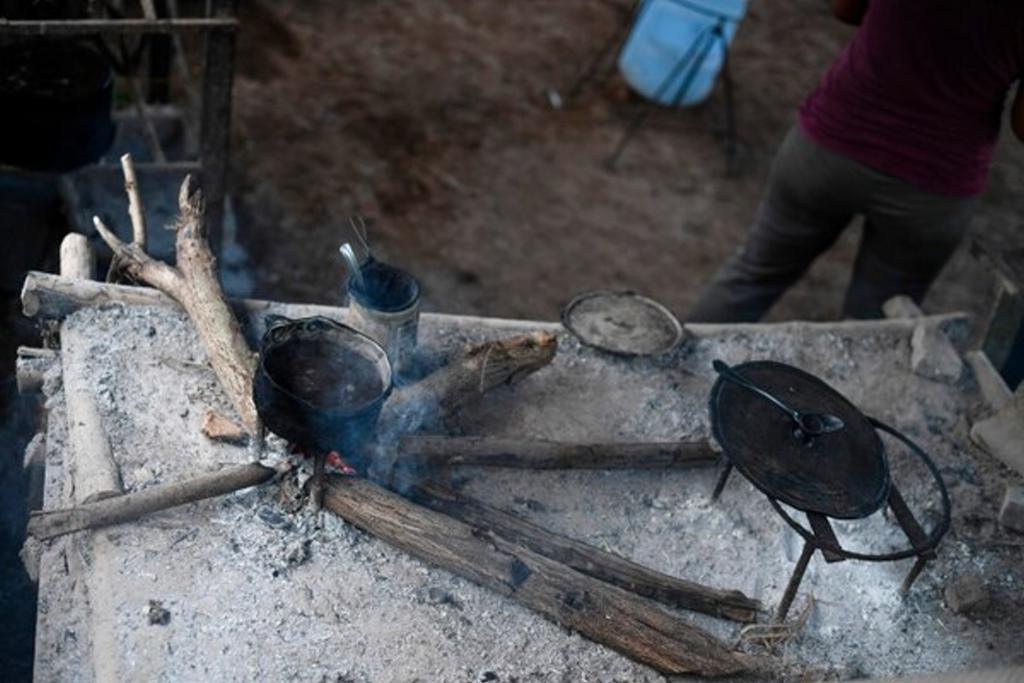
The crisis is evident on the Cova farm, which was formerly productive with pigs, cows, sheep, ducks and turkeys.
“Right now we can only keep four goats.”
The Maduro government, which is going through its seventh year of dire economic conditions, blames fuel supply problems on the economic sanctions that the United States imposed on it, including an oil embargo.
“Right now everything is ‘blocking’,” says Cortez. “But before the blockade, the situation was the same. The blockade has affected, of course, but we cannot cover the sun with a finger.”
Cova, resigned, says that for the moment there is no other option. “We have no choice but to break our backs, grab the ax and go to the mountains to cut firewood to try to cook.”
